SAP MM Interview Questions And Answers
4.9 out of 5 based on 8748 votesLast updated on 24th Apr 2024 16.97K Views
- Bookmark

Discover comprehensive SAP MM interview questions and expert answers to ace your next interview and excel in your SAP MM career.
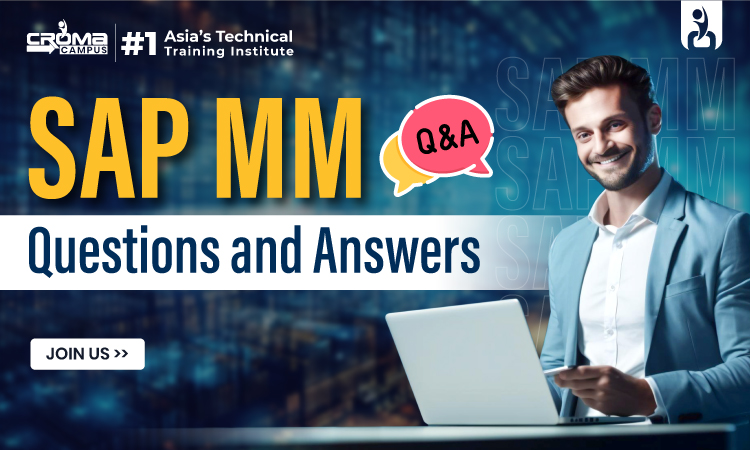
SAP MM (Materials Management) is one of the most important SAP modules in the SAP ERP system that dominantly handles procurement processes and inventory management. If you're preparing for a job interview in SAP MM, it's genuinely important to be well-versed in some of the key concepts along with obtaining a proper SAP MM Online Course, procedures, and best practices of the module.
To assist you in clearing your interview, we've well-jot down a list of common SAP MM interview questions and detailed answers:
- What is SAP MM, and what are its key features?
SAP MM is a module in the SAP ERP system that focuses on managing materials and procurement processes. Its key features include material master data management, procurement planning, purchasing, inventory management, and invoice verification.
- What is the importance of the material master in SAP MM?
The material master is a central repository of information about materials used in an organization. It contains key data such as material type, description, unit of measure, and inventory details. The material master is crucial for various SAP MM processes, including procurement, inventory management, and reporting.
- Explain the procurement process in SAP MM.
The procurement process in SAP MM involves several steps, including procurement planning, purchase requisition creation, request for quotation (RFQ), vendor selection, purchase order (PO) creation, goods receipt, and invoice verification. Each step is essential for ensuring the timely and cost-effective procurement of materials.
- What is a purchase requisition, and how is it created in SAP MM?
A purchase requisition is a request to procure materials or services. It is created in SAP MM either manually by a user or automatically through the material requirements planning (MRP) process. The purchase requisition contains details such as the material required, quantity, delivery date, and purchasing group responsible for the procurement.
- How does SAP MM integrate with other SAP modules?
SAP MM integrates closely with other SAP modules such as SAP SD (Sales and Distribution), SAP PP (Production Planning), and SAP FI (Financial Accounting). For example, SAP MM provides materials to SAP SD for sales order processing and receives goods receipt information from SAP PP for production planning.
- What is the difference between a purchase order (PO) and a purchase requisition (PR) in SAP MM?
A purchase requisition is a request for materials or services, while a purchase order is a formal document issued to a vendor requesting the delivery of materials or services at a specified price and terms. Purchase requisitions are used internally to initiate the procurement process, while purchase orders are sent to vendors to confirm the purchase.
- How do you create a purchase order (PO) in SAP MM?
Purchase orders can be created in SAP MM manually or automatically from a purchase requisition. To create a PO manually, you navigate to the Purchase Order transaction (ME21N), enter the necessary details such as vendor, material, quantity, and delivery date, and save the PO.
- What refers to goods receipt (GR) in SAP MM, and how is it processed?
Goods receipt is the process of recording the receipt of goods or services into inventory. In SAP MM, goods receipt is performed using transaction code MIGO (Goods Movement). The GR document is created based on the purchase order and contains details such as the material received, quantity, and storage location.
You Can Also Read These Posts:
Career Benefits Of Learning SAP MM
SAP S4 Hana Interview Questions
- Explain the concept of inventory management in SAP MM.
Inventory management in SAP MM involves the management of inventory levels, stock movements, and valuation of materials. It includes functions such as goods receipt, goods issue, stock transfer, and physical inventory. The goal of inventory management is to ensure the availability of materials for production and sales while minimizing inventory carrying costs.
- What is the significance of the valuation area in SAP MM?
The valuation area is a key concept in SAP MM that determines how materials are valued in the system. It is defined at the plant level and can be used to perform valuation at different levels of the organization, such as plant level, company code level, or valuation area level. The valuation area is important for inventory valuation and financial reporting purposes.
- How does SAP MM handle invoice verification?
Invoice verification is the process of verifying vendor invoices against purchase orders and goods receipts. In SAP MM, invoice verification is performed using transaction code MIRO (Enter Incoming Invoice). The system compares the invoice with the PO and GR documents and processes the invoice for payment.
- What are the different kinds of procurement processes supported by SAP MM?
SAP MM supports various types of procurement processes, including direct procurement (procurement of materials directly used in production), indirect procurement (procurement of materials not directly used in production), external procurement (procurement from external vendors), and internal procurement (procurement from internal sources within the organization).
- How does SAP MM support inventory optimization?
SAP MM supports inventory optimization through features such as material requirements planning (MRP), inventory turnover analysis, and stock level monitoring. By using these features, organizations can ensure optimal inventory levels to meet customer demand while minimizing carrying costs and stock-outs.
- What are the key reports available in SAP MM for monitoring and analysis?
SAP MM provides a wide range of reports for monitoring and analysis, including stock overview reports, purchase order reports, goods receipt reports, and invoice verification reports. These reports provide valuable insights into the procurement and inventory management processes, helping organizations make informed decisions.
- How can SAP MM contribute to cost savings and efficiency improvements in an organization?
SAP MM can contribute to cost savings and efficiency improvements in an organization by streamlining procurement processes, optimizing inventory levels, reducing lead times, and improving vendor management. By using SAP MM effectively, organizations can reduce procurement costs, improve supply chain efficiency, and enhance the whole operational performance.
Know the perks of clearing the SAP MM
Clearing the SAP MM (Materials Management) certification offers a range of perks that can significantly boost your career in the field of supply chain management and materials procurement. Here are some of the key benefits of becoming a certified SAP MM professional:
- SAP MM is one of the most widely used modules in SAP ERP, and organizations across industries are constantly looking for skilled professionals who can effectively manage their materials and procurement processes.
- Holding an SAP MM certification can open up a wealth of career opportunities, including roles such as SAP MM consultant, materials manager, procurement specialist, and supply chain analyst.
- SAP MM certification is widely recognized in the industry as a mark of expertise in materials management and procurement. Holding this SAP certification can significantly enhance your market value and make you a more attractive candidate to potential employers.
- With the rapid evolution of technology and the increasing emphasis on efficiency and cost-effectiveness in business operations, professionals with specialized skills such as SAP MM are in high demand. Becoming certified in SAP MM can provide you with greater job security and stability in your career.
- SAP professionals, including those with expertise in SAP MM, tend to command higher salaries compared to their non-certified counterparts. Holding an SAP MM certification can help you negotiate a higher salary and increase your earning potential throughout your career.
- SAP is a globally recognized company with a vast network of customers, partners, and professionals. Becoming certified in SAP MM can provide you with access to this global network, opening up opportunities for collaboration, learning, and career advancement on a global scale.
- The process of preparing for and obtaining SAP MM certification involves acquiring in-depth knowledge of the module and staying updated with the latest trends and best practices in materials management. This continuous learning process can help you stay ahead of the curve in your career and drive your professional growth.
Well, to be honest, enrolling in this SAP course and obtaining the SAP MM Certification is essential for anyone looking to pursue a career in materials management or procurement. By analysing the key concepts, processes, and best practices of SAP MM, you can effectively demonstrate your expertise in job interviews and secure exciting career opportunities in the field.
Subscribe For Free Demo
Free Demo for Corporate & Online Trainings.
Your email address will not be published. Required fields are marked *
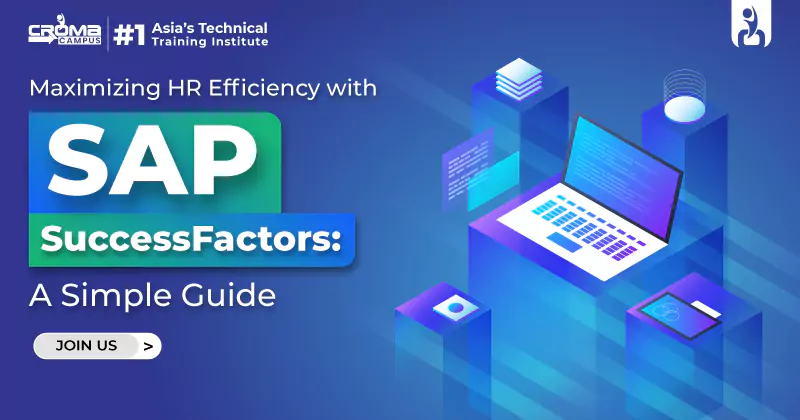
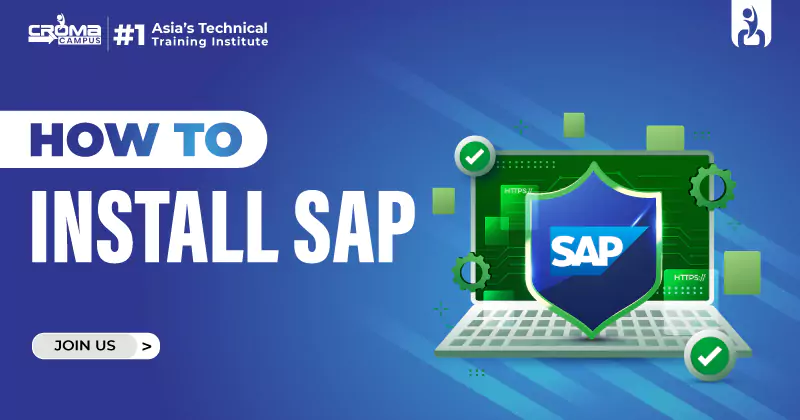
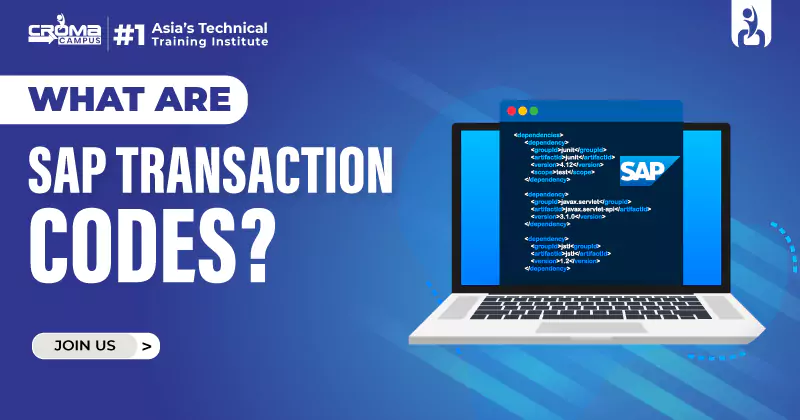
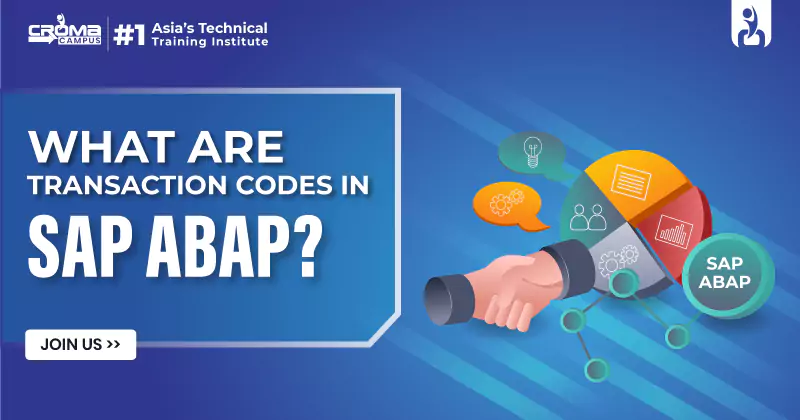
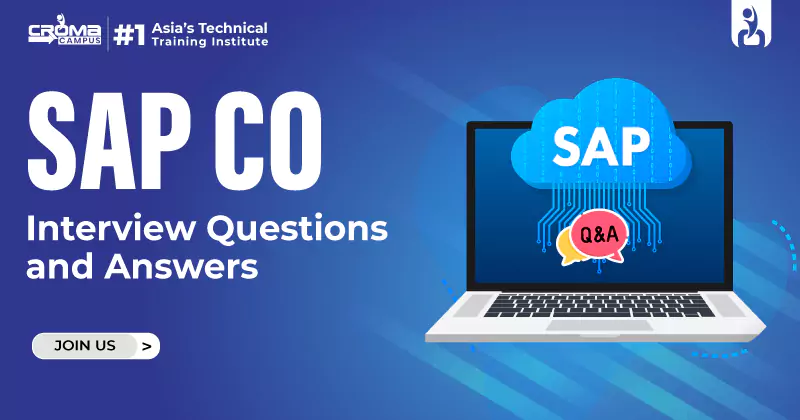
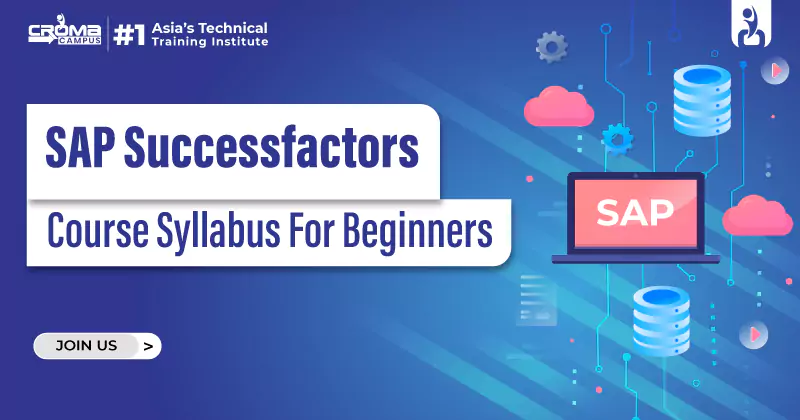
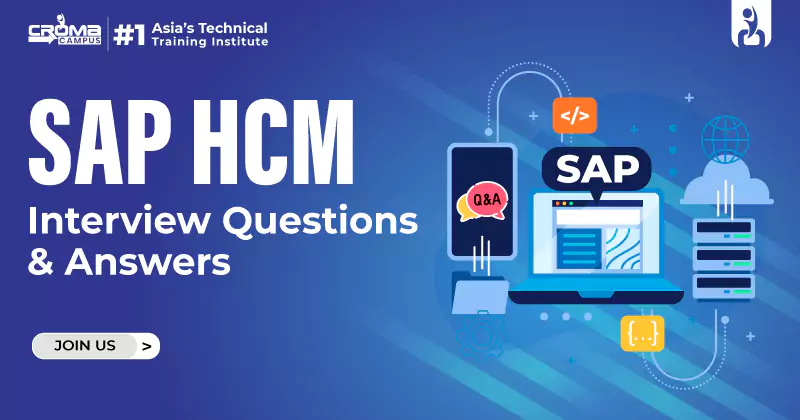
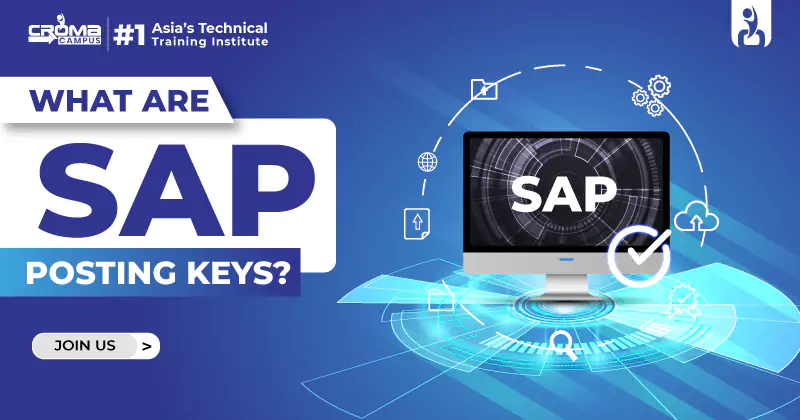
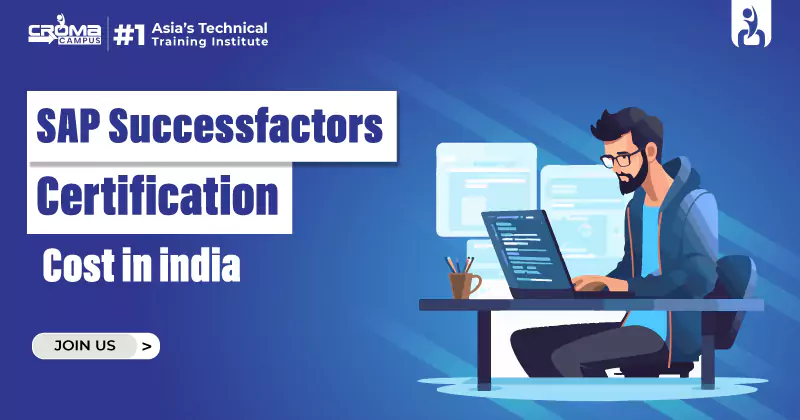
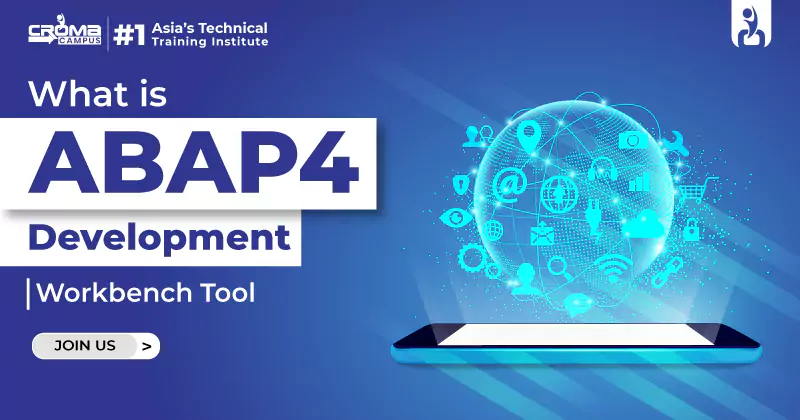











 Master in Cloud Computing Training
Master in Cloud Computing Training